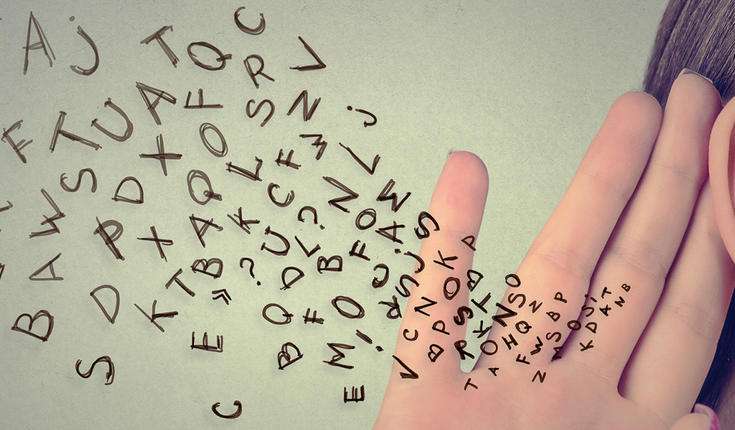Repetition a key factor in language learning

Lilli Kimppa from the University of Helsinki studied language acquisition in the brain. Even short repetitive exposure to novel words induced a rapid neural response increase that is suggested to manifest memory-trace formation.
Rapid learning of new words is crucial for language acquisition, and frequent exposure to spoken words enables vocabulary development.
In her doctoral dissertation, Lilli Kimppa studied neural response dynamics to new words over brief exposure. She measured the neural activation of Finnish-speaking volunteers with electroencephalography (EEG) during auditory tasks in which existing Finnish words, and non-words with Finnish and non-native phonology, were repeated.
"Unlike to existing words, new words showed a neural response enhancement between the early and late stages of exposure on the left frontal and temporal cortices, which was interpreted as the build-up of neural memory circuits. The magnitude of this neural enhancement also correlated with how well the participants remembered the new words afterwards," Kimppa says.
To examine the effect of attention, the words were presented for ~30 minutes in two conditions: participants were either passively exposed to the spoken words on the background, or they attended to the speech. Similar neural enhancement to novel words was observed in both listening conditions.
The impact of previous language studies
Kimppa also investigated how participants' language background influenced the word memory-trace formation.
She noticed that the response enhancement to new non-native words was larger in participants who had learned more foreign languages with earlier learning onset, implying greater flexibility of the brain to acquire speech with novel phonology.
Conversely, later onset of foreign language learning was associated with stronger neural increase to new words with Finnish phonology.
"Their brain had apparently become more tuned to the native language," Kimppa states.
In her doctoral dissertation, Kimppa also studied rapid neural word learning among 9–12 year-old dyslexic and normally reading children.
"Control children exhibited a response increase to a novel word within the first 6 minutes of passive perceptual exposure. Children with dyslexia, however, did not show such neural enhancement during the entire 11-minute session. This suggests deficient rapid word learning abilities of the brain in dyslexia compared to non-affected peers. Dyslexics possibly need even more repetition or different kinds of learning strategies to show the neural effect," Kimppa says.
More information: Dissertation: Rapid formation and activation of lexical memory traces in human neocortex. urn.fi/URN:ISBN:978-951-51-3069-3




















